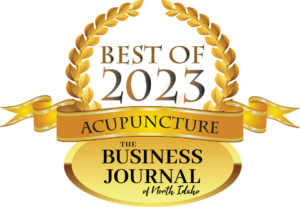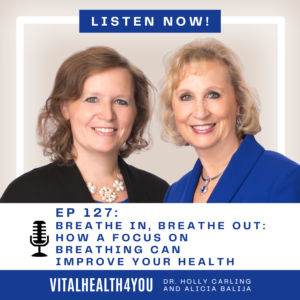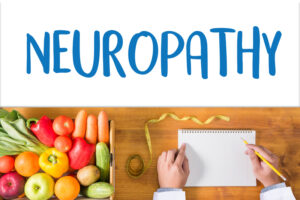Recently I was asked what “Preventive Medicine” really is. I realized there is confusion on the topic. So often we confuse “early intervention” with “prevention”. In my mind, there is a world of difference.
Prevention is doing those activities, such as eating a healthy diet, exercising, or doing preventive therapies, with the intent of circumventing or forestalling disease. Prevention could also be said that it is correcting disease processes, or potential disease processes before they manifest fully. The focus is on the health of the individual, not on the disease. According to the College of Preventive Medicine website, “Its goal is to protect, promote, and maintain health and well-being and to prevent disease, disability and death.”
“Early Detection” involves testing to see if you have a disease, in its earlier stages. Examples of this are mammograms, regular colonoscopies, PAP Smears, lab work, etc. The idea of early detection is that if we catch a disease in an earlier stage, the probability of successful treatment or resolution of the condition is higher. In other words, hopefully a better survival rate.
Many scientists and doctors believe that all people have cancer cells, have some auto-immune vectors, have plaquing on the arteries, potentially harmful bacteria, and even babies are born with a viral load. It is when these go out of control that we have a problem. For instance, we all carry the bacteria that causes pneumonia, naturally. But if that bacteria becomes pervasive, then we can get the actual disease called “bacterial pneumonia”. Prior to that, it is simply a normal part of our microbiota.
Preventing disease then, is really about supporting the organs and processes that are inside of you. It is making sure that the body has what it needs to operate properly, to build, repair and to function. It also means eliminating those things that cause a breakdown in the system.
Much of disease is the body doing what it can to compensate for functions that have become ineffective. So much of the time, organs are getting tired because of trying to keep up with the stress, sugar, lack of nutrients, toxins and many of the other burdens we place on our body. Prevention is unburdening the body so that it can function properly before it has a breakdown (we call that “disease”). Prevention is anticipating, navigating and controlling health aspects to allow the body to function in the way it was designed to.
Disease is exquisitely, finely ordered and efficient in most cases. It is precise, not chaos. Inflammation, for example, is the body’s way of healing from an insult. We take anti-inflammatory drugs to stop the process, yet that process is vital to healing! However, runaway inflammation can be harmful, so there is a place for reeling in the over-the-top inflammation.
Preventive medicine then is management of life and health to promote wellness and vitality. It is not chasing symptoms, or trying to find the problem through tests once it has occurred. Early detection certainly has its place, but for me, I’d rather put my focus on preventing disease from occurring in the first place!
© 2014 Holly A. Carling, O.M.D., L.Ac., Ph.D.







